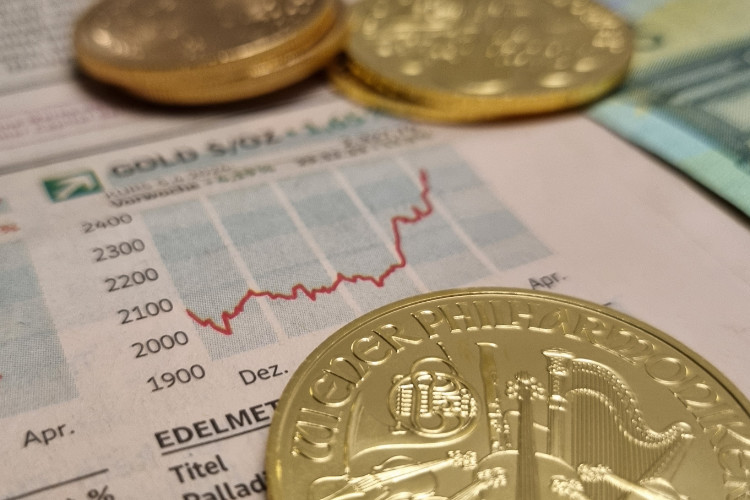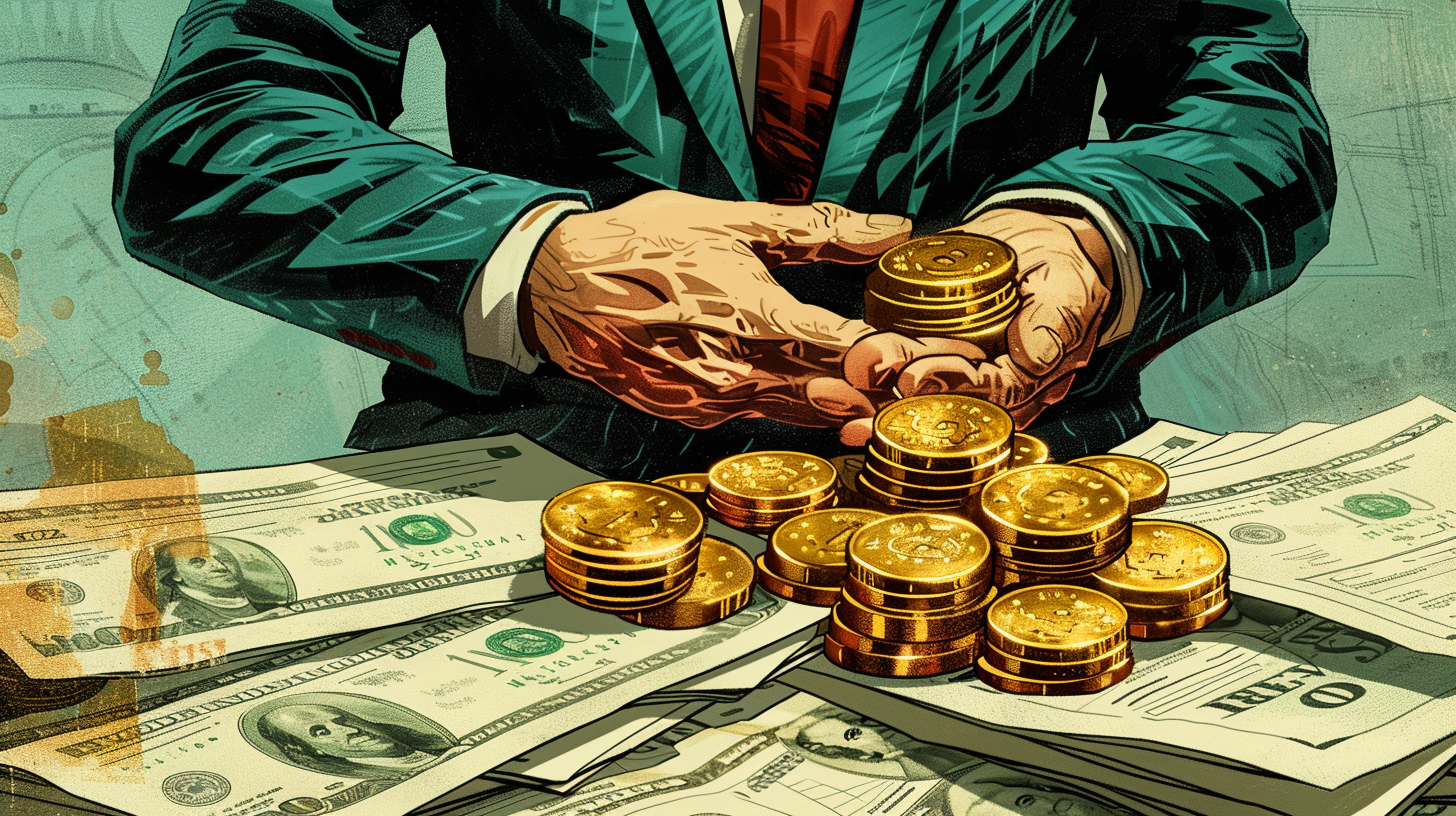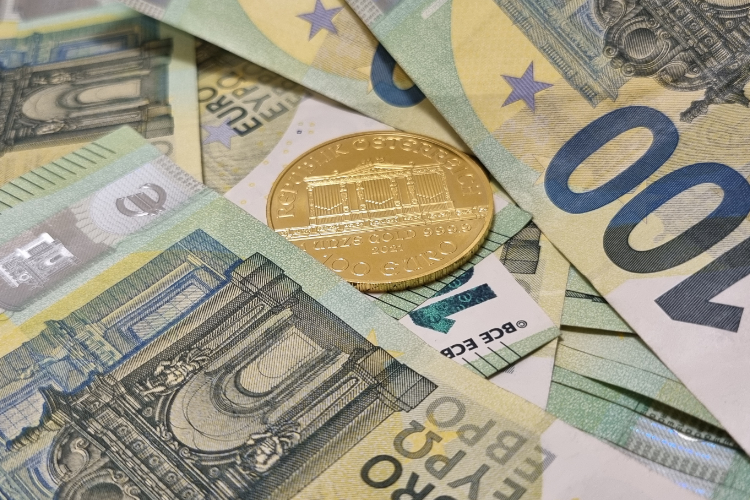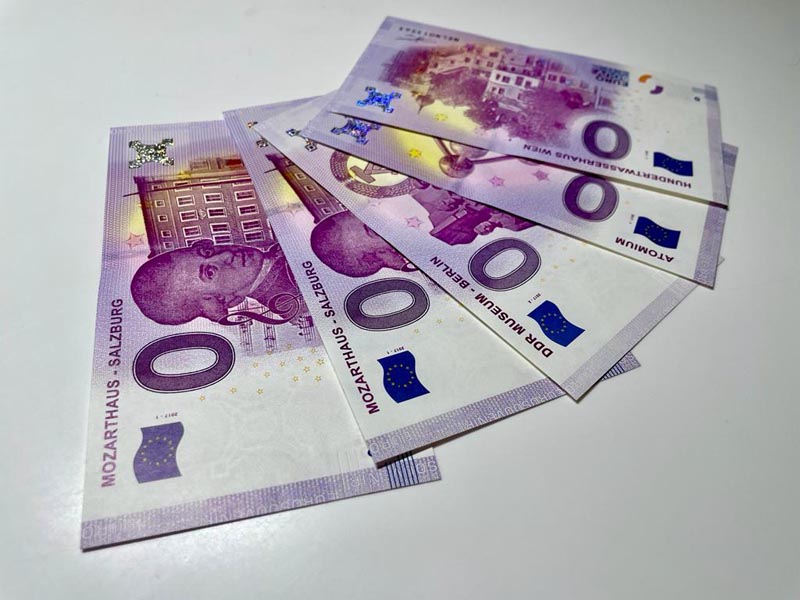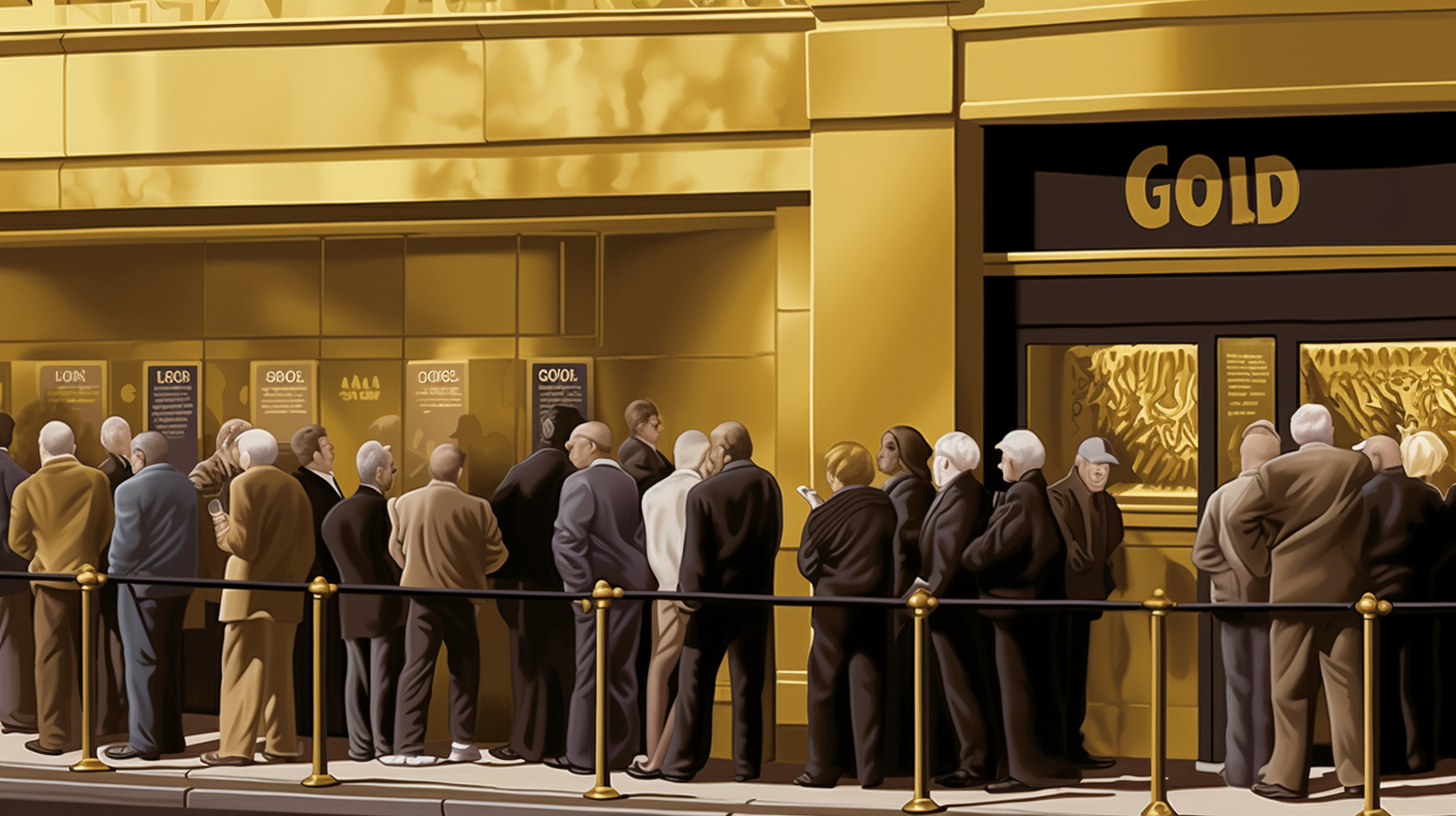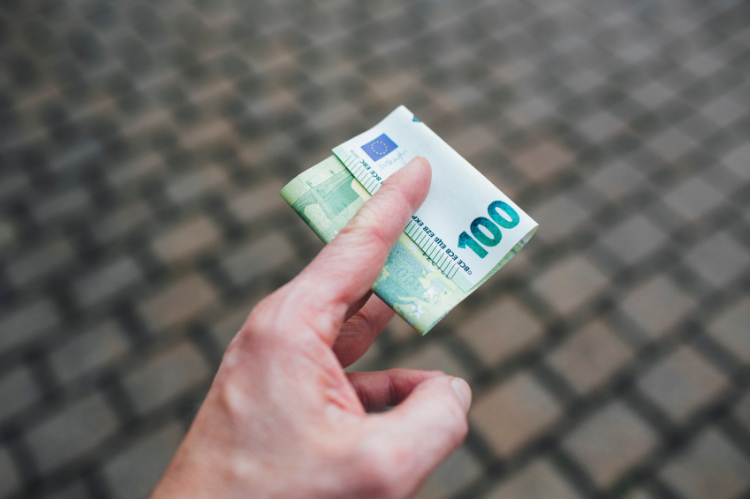
Is the restriction on anonymous payments also coming to us?
The EU Commission has long wanted to introduce a uniform upper limit for cash payments of 10,000 euros in all member states. At the moment, there is a new push for this. Almost half of the EU member states already have maximum amounts for cash payments.
For Austria, both the Ministry of Finance and the National Bank have so far categorically rejected the introduction of a cash ceiling. But how long might that remain the case?
Why should cash payments be restricted at all?
The EU Commission as well as other proponents of a cash ceiling argue that it is an important building block in the fight against money laundering, tax evasion and terrorist financing.
Critics fear, however, that a cap could be the first step toward the complete abolition of cash. After all, full transparency and transparency would only be achieved when everything functions only digitally.
Strict rules already apply in many EU countries. In France and Portugal, for example, only a maximum of 1,000 euros may change hands in cash and anonymously. Cash payments are most strictly regulated in Greece, where the limit is already 500 euros.
In Germany, which is also quite cash-savvy, there is no declared upper limit, but the identity of the purchaser must also be recorded there for payments over EUR 10,000.
What we have in cash: Good reasons against a cash ban
They love their cash. Surveys show that cash is the preferred payment method in Austria and Germany, even though cash usage actually declined during the COVID pandemic. Nevertheless, according to surveys conducted by the Austrian National Bank (ÖNB), just under 60% of Austrians still want cash to remain in "its current importance" even after Corona. And there are good reasons for continuing to pay in cash:
1. cash means personal responsibility
Cash helps us to learn personal responsibility. Only by handling cash do we get any sense at all of what money is actually worth.
It's not for nothing that we get our pocket money in the form of coins as children. To learn how much 1 euro is and how much 10 euros are. We also learn that we can't spend more than we have.
If payments are only made digitally and money is only a number on the display, then both the overview and the relationship to money are quickly lost. Without physical coins and bills in their wallets, many people find it much easier to fall into the debt trap.
2. cash is for everyone
Digital solutions are certainly to be welcomed and in many respects make life much easier. But the digital path should always be just one of several options.
Because digital solutions don't work equally well for everyone, as the pandemic recently showed. How many of us had to help parents and grandparents register online for Corona testing or vaccination?
Payment must be as simple and "barrier-free" as possible. And this is where cash has simply proven itself over the centuries. Every child and every grandma can pay with a banknote.
3. freedom adé: without cash into immaturity
"Money is coined freedom" already knew the Russian writer Fyodor Dostoyevsky. But our personal freedoms, even our fundamental rights, are being increasingly restricted. First the measures against terrorism, which made us citizens more and more transparent to the state authorities after 9/11 and attacks thereafter, at the same time the almost complete monitoring of all our activities on the Internet by private corporations, and most recently the massive restrictions on our fundamental constitutional rights in the wake of the Covid measures.
More and more, our freedom is being taken away. Citizens are seen as immature, unable to make the right decisions on their own. Restricting cash would be just another step in this direction.
But whether you want to pay cash, digitally, with a card or via credit card, we should not let ourselves be deprived of this free choice!
4. citizens under general suspicion
Restricting or even abolishing cash in the long term also means that everyone is placed under general suspicion. But not everyone who prefers to pay with cash is money laundering or a terrorist. Because these circles have long since found completely different ways to transfer their money.
That a restriction of free payment transactions would make money laundering and terrorism more difficult is eyewash, as the annual statistics of the Money Laundering Reporting Office show.
The efficiency and thus the degree of raison d'être can be seen - despite stricter legislation that gives judges more leeway in sentencing - in the number of convictions: 3500 reports are matched by a full 63 convictions. That is 1.8%.
This in turn means that 98.2% result in acquittals, discontinued proceedings or proceedings not taken up.
And a cap on cash payments won't prevent a crazy person from buying a machine gun on the black market and running amok with it.
Rather, the restriction of cash transactions would primarily affect blameless citizens.
5. only cash protects privacy
People are campaigning against the collection of data by tech companies. But privacy seems to be negligible when it comes to payment transactions.
What you spend your money on is up to you. It is private and should remain so. And only real cash payment can guarantee that! With every other transaction, the bank, the payment service provider, the credit card company or even directly the state reads along.
The argument that those who have nothing to hide have nothing to fear only leads us back to the topic of general suspicion.
6. cash is safe
Digital payment methods can be cracked. Time and again, credit card data turns up on the net or accounts are drained by fraudsters.
Today, however, cash can be manipulated with great effort and is almost impossible to counterfeit due to the new counterfeiting features.
7. cash as a store of value
Thanks to the monetary policy of states and central banks, money is becoming less and less valuable:
Cash does not help against inflation (in contrast to an investment in gold and silver), but if cash no longer existed and financial assets were only available digitally, citizens would have little recourse against the financial arbitrariness of the financial industry and governments.
For example, ex-Erste Bank boss Andreas Treichl believes that concerns about cash are justified, as negative interest rates are much easier to enforce if there are only more electronic credit balances.
Is Austria also facing a cash cap?
So far, Austria has been one of the most liberal EU member states when it comes to cash payments. Although Gernot Blümel rejected the proposal by EU Financial Markets Commissioner Mairead McGuinness to introduce a cap at 10,000 euros in May 2021.
However, it became clear in the Lower Austrian parliament that the restriction of cash payments also has its fans in Austria. The Green Party in Lower Austria was firmly in favor of a limit of 10,000 euros, and the SPÖ and NEOS would also at least be in favor of introducing a cap.
This raises the question of how long small Austria will be able to hold its own against the EU's requirements. In other areas, we already have stricter rules, which came about as a result of the implementation of EU requirements: Anyone who wants to buy gold in Austria can only do so anonymously up to 10,000 euros, after which the identity of the buyer must be recorded.
The fact that Austria is still so free with regard to cash is also due to the sensitivity of its citizens. A petition for a referendum entitled "FOR UNLIMITED CASH PAYMENT" is currently in the support phase, for which the initiators have already collected more than 73,000 signatures.

